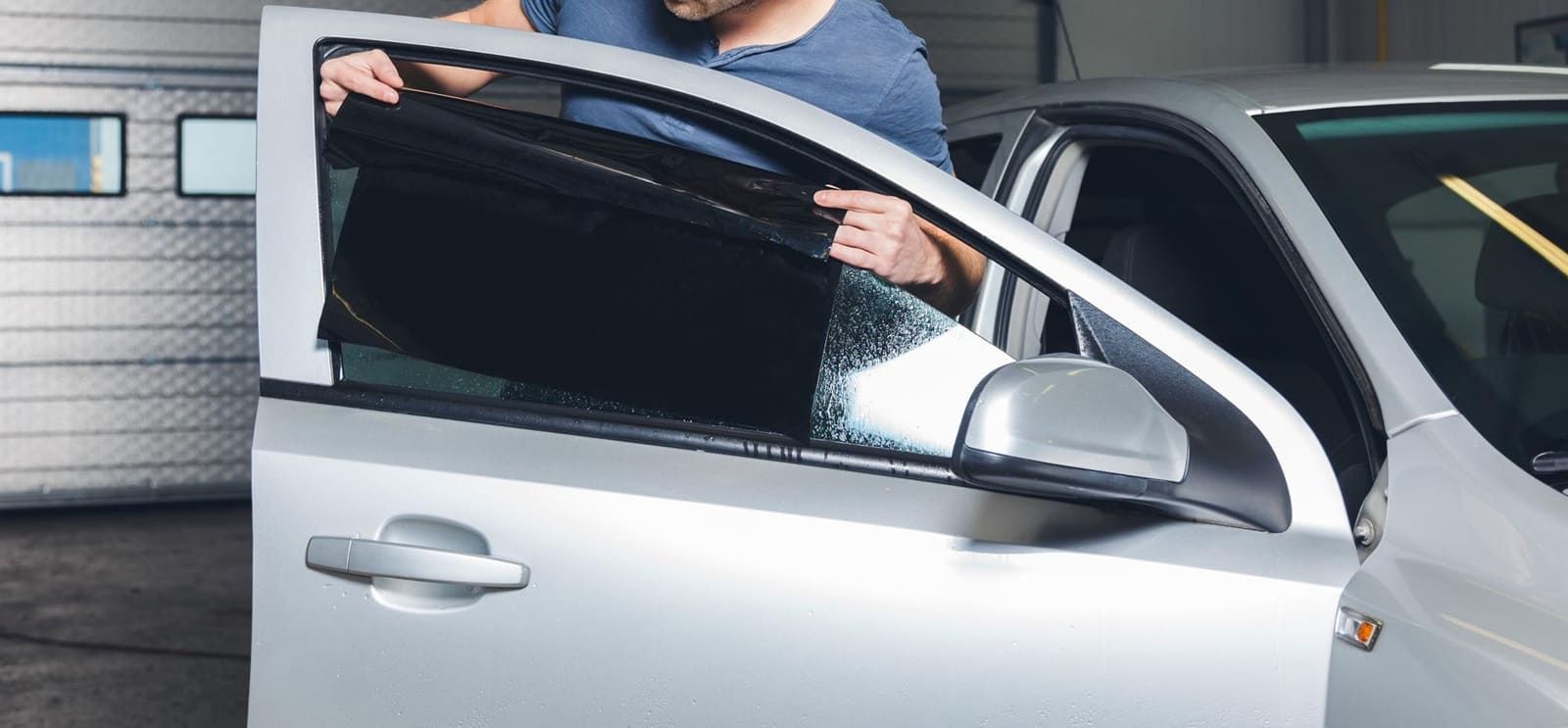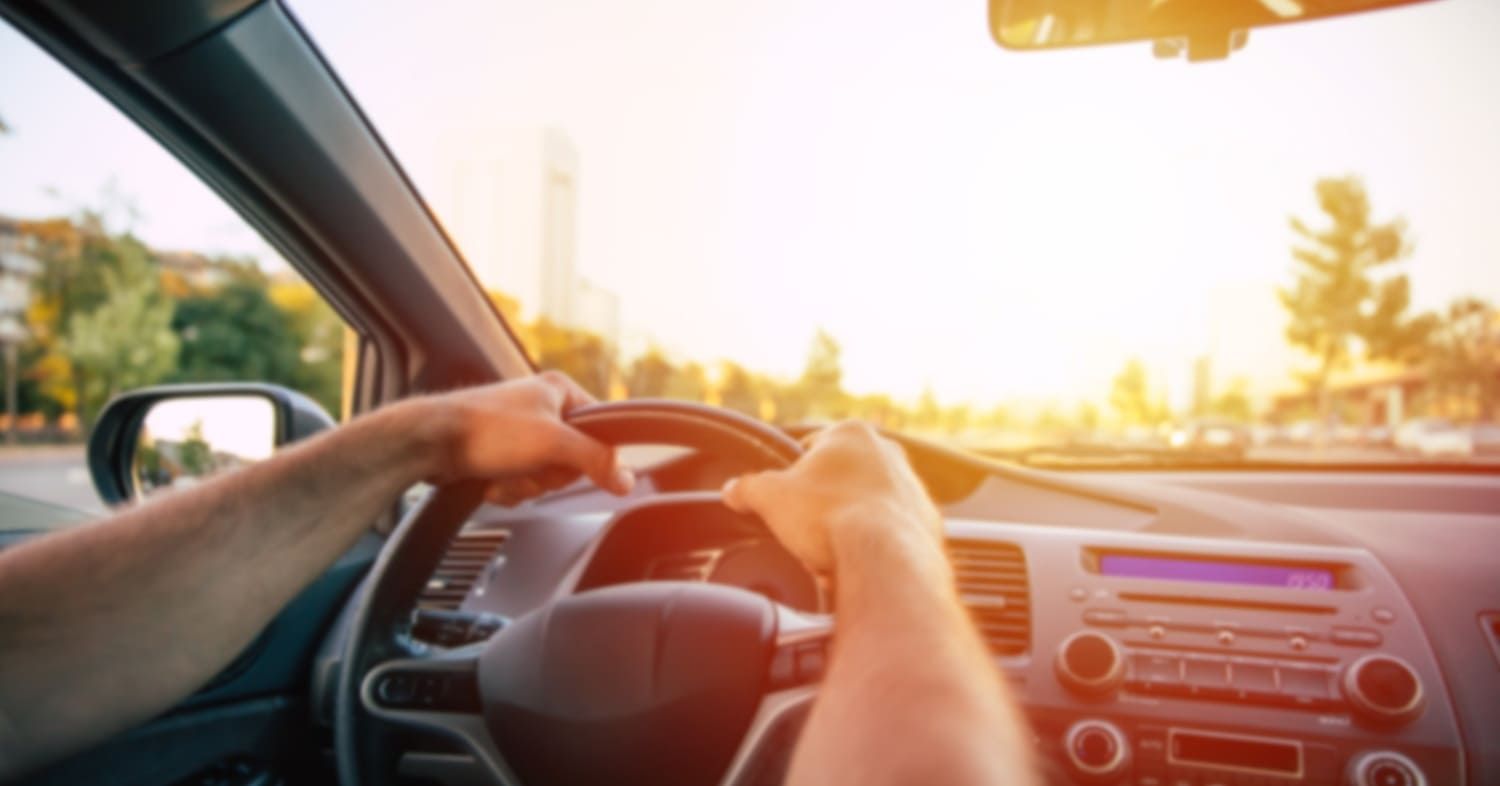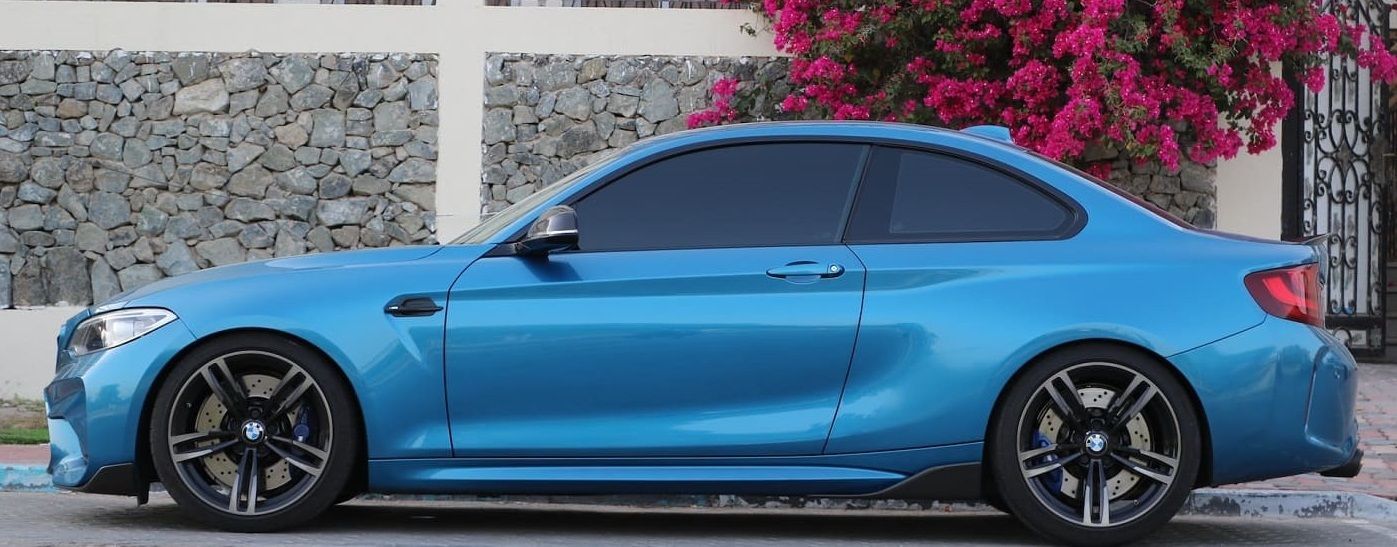West Boca Tint & Accessories
10042 Spanish Isles Blvd, Suite D8, Boca Raton, FL 33498 - (561) 561-TINT (8468)
Car Window Tinting Laws: What You Should Know Before Tinting
If you're considering getting your car windows tinted, it's important to understand the laws that govern window tinting in your state. These laws can vary widely and knowing them can help you avoid fines and ensure your vehicle remains compliant. This article will guide you through the essential aspects of car window tinting laws, including what you need to know before making any changes to your vehicle's windows.
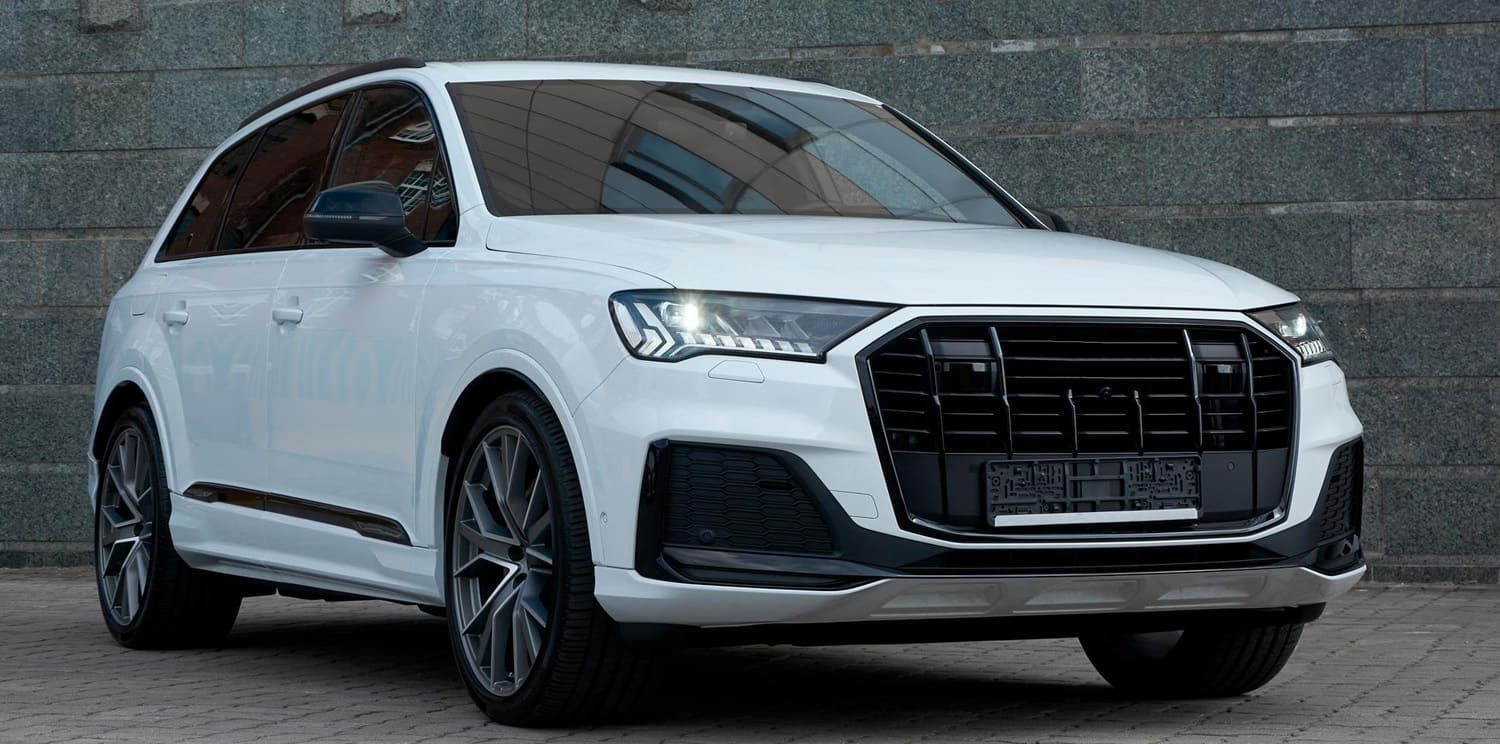
Key Takeaways
- Car window tinting laws differ from state to state, so it's vital to check your local regulations.
- Visible Light Transmission (VLT) is a key factor in determining how dark your tint can be; most states have specific VLT requirements.
- Some states allow medical exemptions for darker tints if you have specific health conditions.
- Choosing a certified tinting service can help ensure that your tint complies with local laws.
- Legal window tinting offers benefits like UV protection, increased privacy, and a cooler vehicle interior.
Understanding Car Window Tinting Laws
Window tinting is a popular choice for many car owners, but it comes with rules that vary by state. These laws are important for safety and to ensure that drivers can see clearly. Here’s what you need to know:
Why Tinting Laws Exist
- Safety: Tinting laws help ensure that drivers can see well, especially at night or in bad weather.
- Visibility for Law Enforcement: Clear windows allow police to see inside vehicles during traffic stops.
- Protecting Pedestrians: Laws help keep pedestrians safe by ensuring drivers have good visibility.
Key Terms in Tinting Regulations
- Visible Light Transmission (VLT): This is the percentage of light that can pass through the tinted window. Higher percentages mean lighter tints.
- Reflectivity: This refers to how much light is reflected away from the window. Some states have limits on how reflective the tint can be.
- Windshield Tinting: Many states only allow tinting on the top part of the windshield.
How Tinting Laws Vary by State
| State | Front Side Windows VLT | Back Side Windows VLT | Windshield Tinting |
|---|---|---|---|
| California | 70% | No limit | Top 4 inches only |
| Texas | 25% | No limit | Top 5 inches only |
| Florida | 28% | No limit | Top 6 inches only |
Important Note: Always check your local laws before tinting your windows, as regulations can change
Visible Light Transmission (VLT) and Its Importance
What is VLT?
Visible Light Transmission (VLT) is a measurement that shows how much light can pass through a tinted window. It is expressed as a percentage. For example, a VLT of 50% means that 50% of the light can get through, while the other 50% is blocked by the tint.
VLT Requirements for Different Vehicles
Different types of vehicles have different VLT requirements. Here’s a simple table to show the basic rules:
| Vehicle Type | Windshield | Front Side Windows | Back Side Windows | Rear Window |
|---|---|---|---|---|
| Sedan | Top 6 inches only, any darkness | > 24% VLT | > 24% VLT | > 24% VLT |
| SUV/Vans | Top 6 inches only, any darkness | > 24% VLT | No limit | No limit |
Impact of VLT on Driving Safety
Having the right VLT is important for safety. Here are some reasons why:
- Visibility: A higher VLT means better visibility for the driver, especially at night.
- Legal Compliance: Following VLT laws helps avoid fines and penalties.
- Safety for Others: Clear windows help other drivers see your vehicle, reducing the risk of accidents.
Understanding VLT is crucial for anyone considering window tinting. It not only affects the look of your car but also your safety and legal standing on the road.
State-Specific Tinting Regulations
Examples of State Tinting Laws
Different states have their own rules about how dark you can tint your car windows. Here’s a quick look at some examples:
| State | Front Window VLT | Back Window VLT | Windshield Tinting |
|---|---|---|---|
| Washington | > 24% | No limit | Top 6 inches only |
| Oregon | > 35% | No limit | Top 6 inches only |
| California | > 70% | No limit | Top 4 inches only |
How to Check Your State's Tinting Laws
To find out the tinting laws in your state, follow these steps:
- Visit your state’s Department of Motor Vehicles (DMV) website. They usually have the latest information.
- Look for the section on vehicle regulations. This will include window tinting laws.
- Contact local law enforcement. They can provide guidance on what is allowed in your area.
Consequences of Violating State Laws
If you don’t follow the tinting laws, you might face:
- Fines: You could be fined for having illegal tint.
- Required Removal: You may have to take off the tint.
- Vehicle Inspections: Your car might fail inspections if the tint is too dark.
Always check your local laws before tinting your windows to avoid penalties.
Medical Exemptions for Window Tinting
Who Qualifies for Medical Exemptions
Certain individuals may qualify for medical exemptions to have darker window tinting than what is usually allowed. Here are some common conditions that might qualify:
- Photosensitivity: Conditions that make skin sensitive to sunlight.
- Skin Disorders: Certain skin diseases that require protection from UV rays.
- Other Medical Conditions: Any other medical issues that necessitate reduced sunlight exposure.
How to Apply for a Medical Exemption
If you believe you qualify for a medical exemption, follow these steps:
- Consult Your Doctor: Get a written statement from a licensed physician explaining your condition.
- Keep Documentation: Always have this documentation in your vehicle.
- Show When Asked: Present the documentation to law enforcement if they request it.
States with Medical Exemption Provisions
Not all states have the same rules regarding medical exemptions. Here are a few states that do:
- California: Allows exemptions for specific medical conditions.
- Florida: Offers medical exemptions for certain health issues.
- Washington: Provides a process for obtaining a medical exemption.
Medical exemptions are important for those who need extra protection from sunlight due to health issues. Always ensure you have the proper documentation to avoid any legal issues.
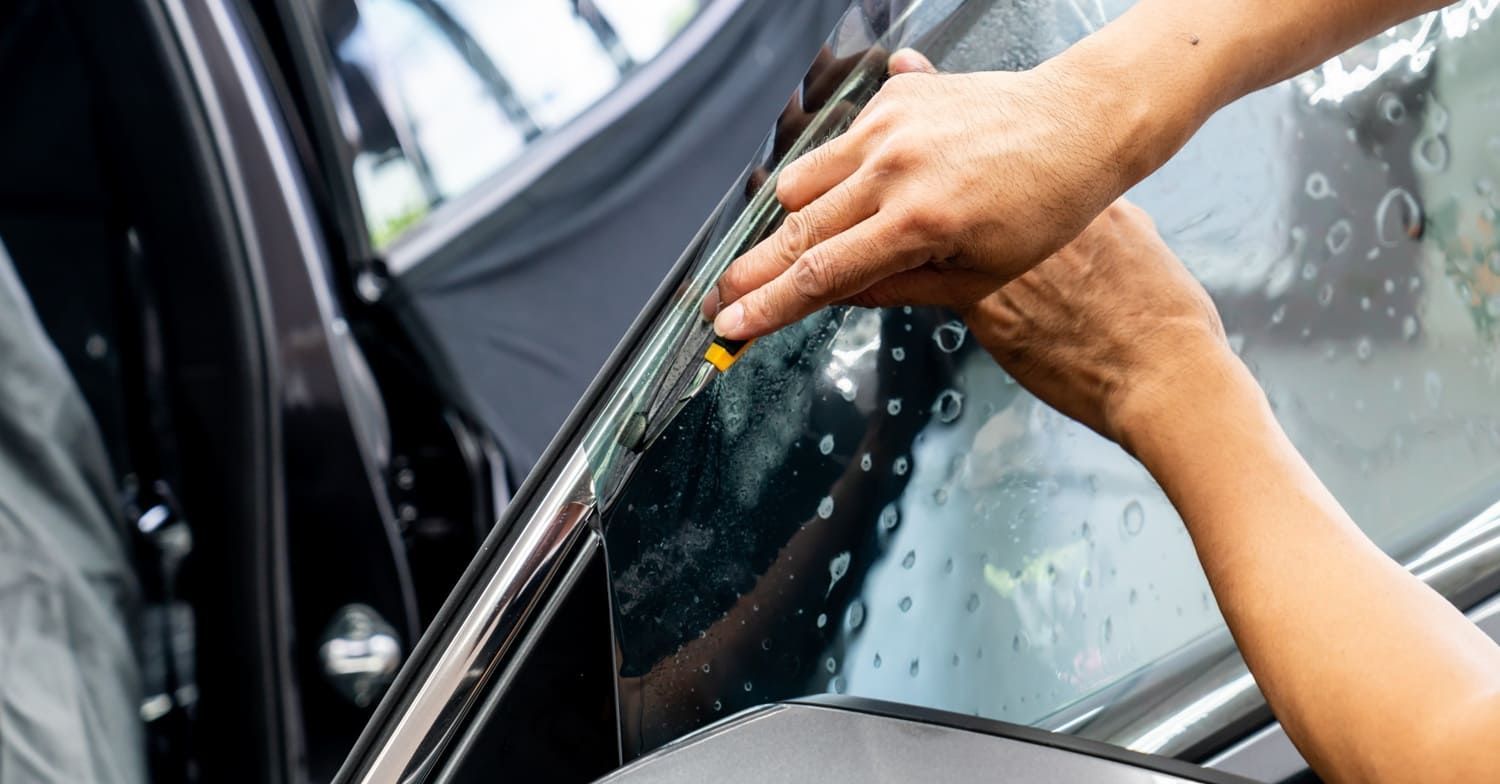
Choosing the Right Window Tinting Service
What to Look for in a Tinting Service
When selecting a window tinting service, consider the following:
- Certification: Ensure the service is certified and recognized in the industry.
- Experience: Look for a provider with a good track record in tinting vehicles.
- Quality Materials: Check that they use high-quality tinting films that meet legal standards.
Questions to Ask Your Tinting Provider
Before making a decision, ask your provider these important questions:
- What types of tinting films do you offer?
- Can you show me examples of your previous work?
- How do you ensure compliance with local tinting laws?
Ensuring Compliance with Local Laws
To make sure your tinting is legal, follow these steps:
- Research Local Laws: Understand the tinting regulations in your state.
- Ask for Documentation: Request proof that the tinting film meets state requirements.
- Get a Sticker: Ensure the tinting company provides a sticker to show your tint is legal.
Choosing the right window tinting service is crucial for both aesthetics and compliance. A reputable provider will help you avoid legal issues and ensure your vehicle looks great.
Benefits of Legal Window Tinting
UV Protection and Skin Safety
Tinting your car windows can block up to 99% of harmful UV rays. This is important because UV rays can cause skin damage and fade the interior of your vehicle. By having legal window tinting, you protect both your skin and your car's interior from sun damage.
Enhanced Privacy and Security
Having tinted windows gives you more privacy while driving. Here are some benefits:
- Less visibility into your car, which can deter thieves.
- Comfort for passengers, especially children, who may feel exposed.
- Peace of mind knowing that your belongings are less visible.
Aesthetic and Resale Value Benefits
Tinted windows can make your car look sleek and stylish. This can also help with resale value. Here’s how:
- Improved appearance makes your car more attractive to buyers.
- Higher resale value due to the added features.
- Better marketability as many buyers prefer cars with tinted windows.
Legal window tinting not only enhances the look of your vehicle but also provides essential protection and comfort for you and your passengers.
Common Misconceptions About Window Tinting Laws
Myths About Tint Darkness
Many people believe that darker window tint is always better. However, this is not true. Here are some common myths:
- Darker tint means better UV protection: While darker tints can block more light, they do not always provide better UV protection. The quality of the film matters more than the darkness.
- All states have the same tint laws: Tinting laws vary significantly from state to state. What is legal in one state may be illegal in another.
- You can tint any window as dark as you want: Most states have specific limits on how dark you can tint your windows, especially the front ones.
Misunderstandings About Enforcement
Many drivers think that law enforcement does not check for illegal tinting. This is a misconception. Here are some points to consider:
- Traffic stops: Police can pull you over if they suspect your tint is too dark. They often use a special device to measure the tint level.
- Fines and penalties: If you are caught with illegal tint, you may face fines or be required to remove the tint.
- Inspection issues: Illegal tint can cause problems during vehicle inspections, which may lead to registration issues.
Clarifying Legal vs. Illegal Tinting
Understanding the difference between legal and illegal tinting is crucial. Here are some key points:
- Visible Light Transmission (VLT): This is the percentage of light that can pass through the window. Each state has its own VLT requirements.
- Certification of tint: In some states, the tint must be certified to meet specific standards. Always check if your tinting service uses certified materials.
- Medical exemptions: Some states allow for medical exemptions, but you must have proper documentation to avoid penalties.
Important Note: Always check your local laws before tinting your windows. It’s better to be informed than to face fines or legal issues later.
Final Thoughts on Car Window Tinting Laws
In conclusion, understanding car window tinting laws is essential for every driver. These laws vary by state and can be tricky, but knowing the rules can save you from fines and the hassle of removing illegal tint. Remember, the main goal of these laws is to keep everyone safe on the road. If you're thinking about tinting your windows, make sure to check the specific regulations in your area. This way, you can enjoy the benefits of window tinting, like UV protection and privacy, without breaking the law.
At West Boca Tint & Accessories, your Premier and Trusted Local Window Tinting Experts in Boca Raton, FL, we ensure that your window tinting complies with all local regulations while maximizing the benefits for your vehicle. Our experienced team provides professional installation and offers a free estimate to help you make an informed decision. Contact us today to enhance your vehicle's comfort, safety, and style with our top-quality window tinting services.
Frequently Asked Questions
What are the main reasons for window tinting laws?
Window tinting laws are made to keep drivers safe. They help ensure that windows aren’t too dark, making it hard to see outside, especially at night.
What does VLT mean?
VLT stands for Visible Light Transmission. It measures how much light can pass through your car windows. A higher percentage means more light comes in.
Can I tint my windshield?
You can only tint the top six inches of your windshield in most places. The rest of the windshield must stay clear.
What happens if I break tinting laws?
If you don’t follow the tinting laws, you could get pulled over and fined. You might also have to remove the illegal tint.
Are there exceptions for medical reasons?
Yes, some states allow people with certain medical conditions to have darker window tints. You usually need a doctor’s note to get this.
How do I find a good window tinting service?
Look for a service that has good reviews and is certified. It’s important to choose someone who knows the laws and uses quality materials.
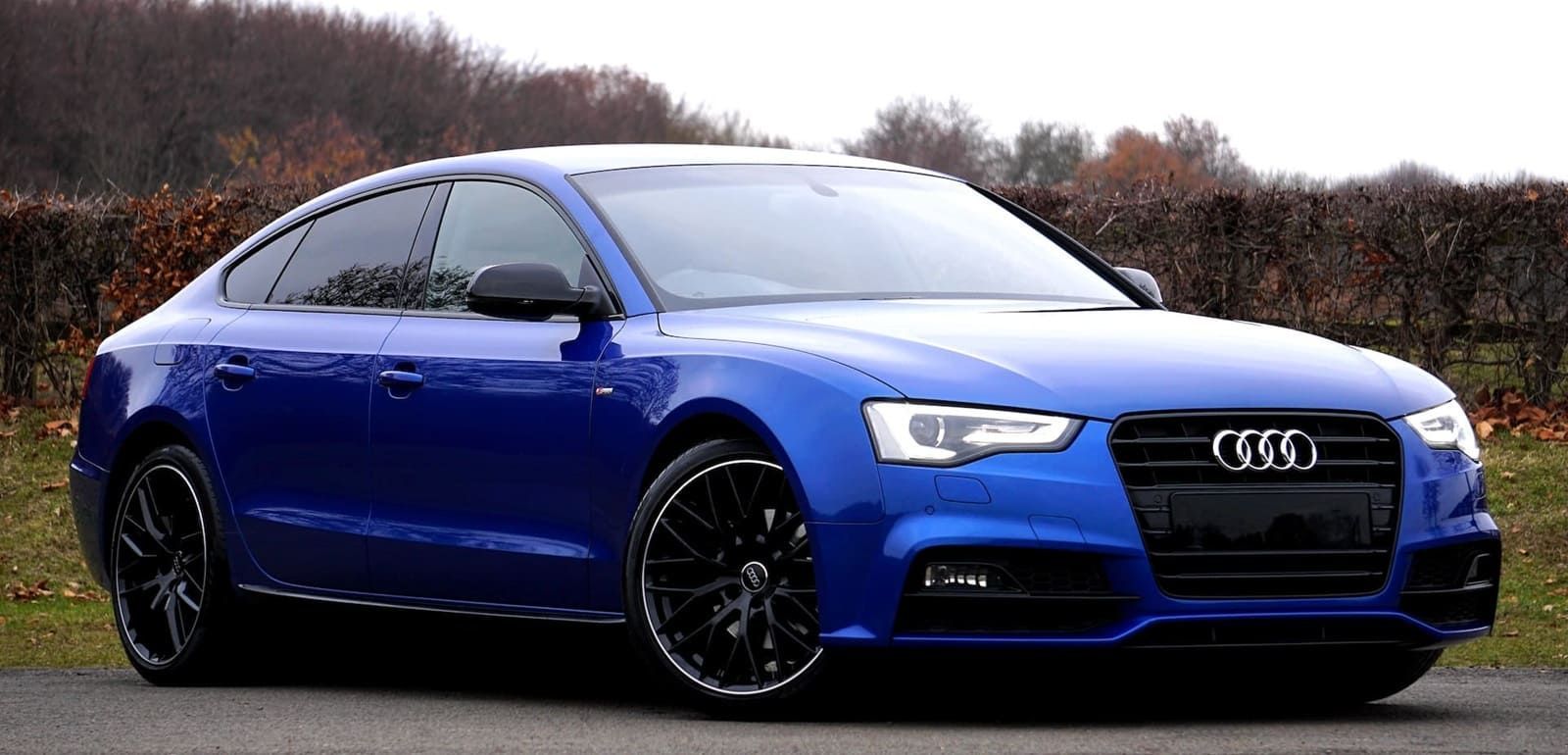
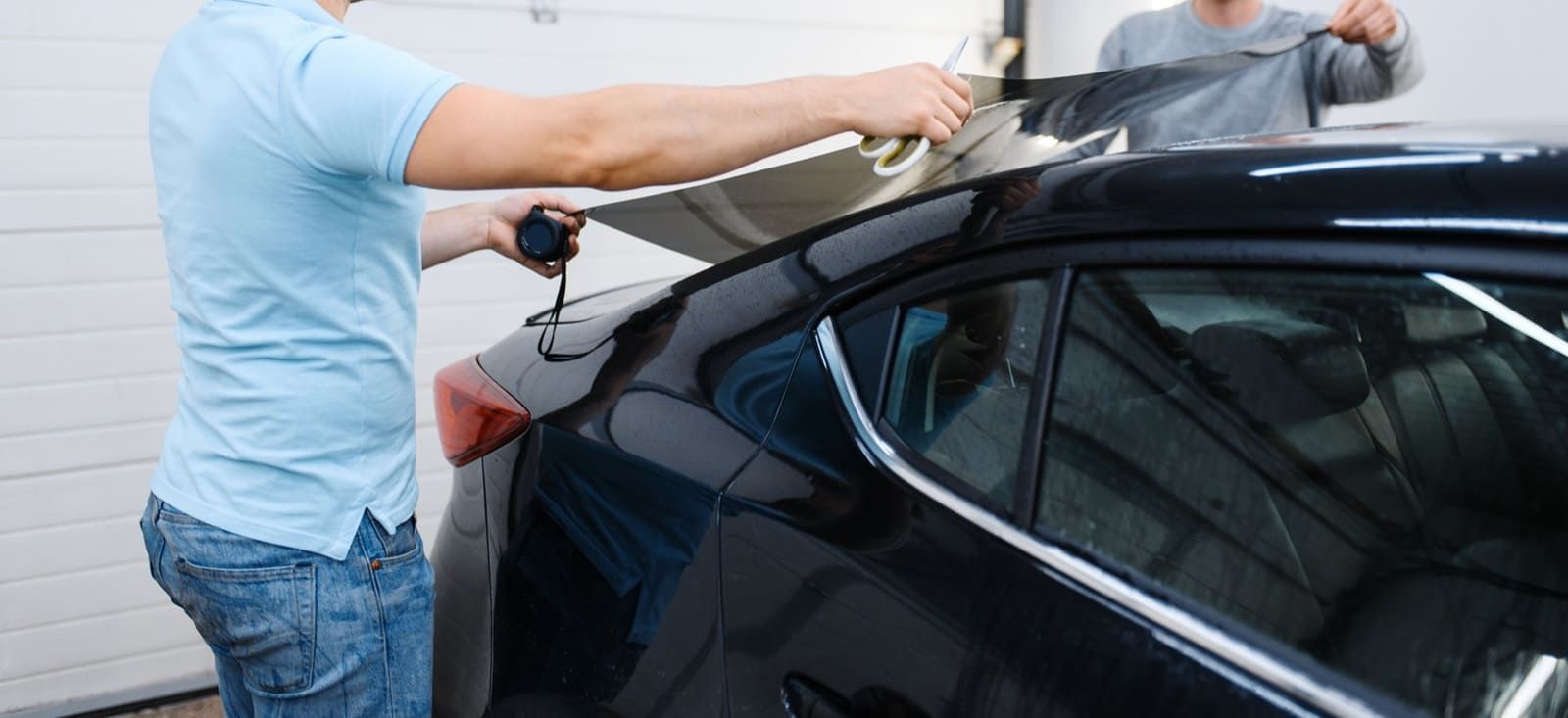
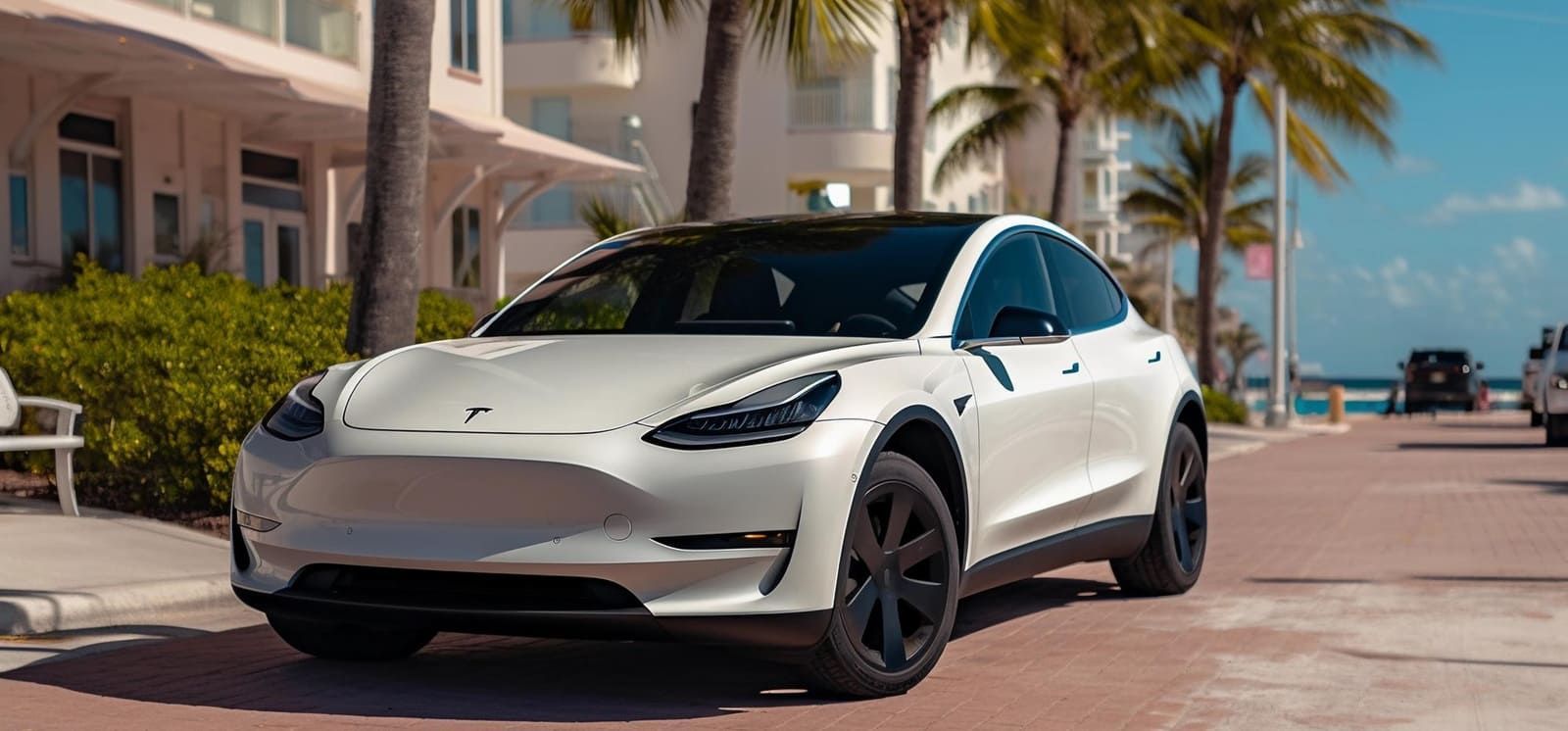
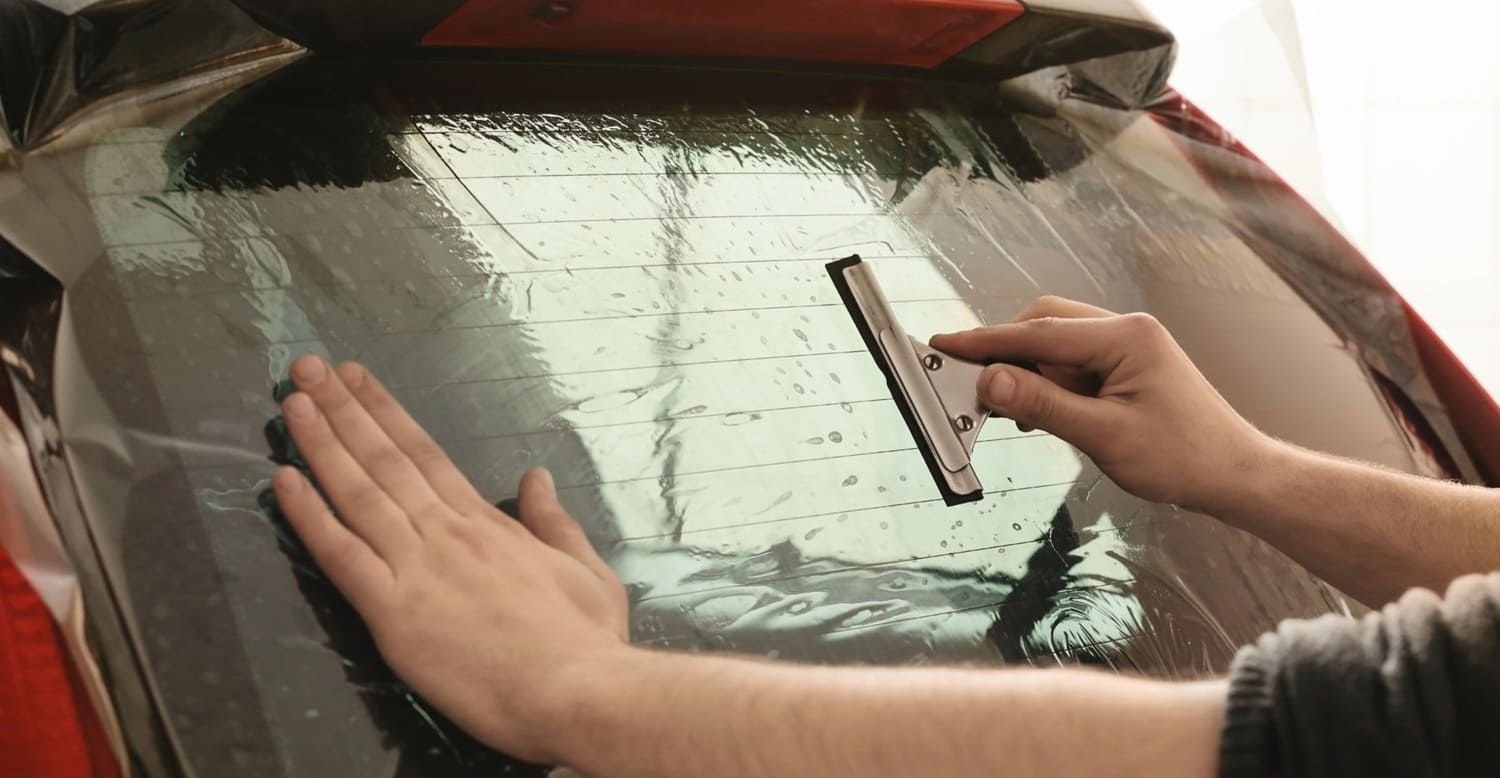
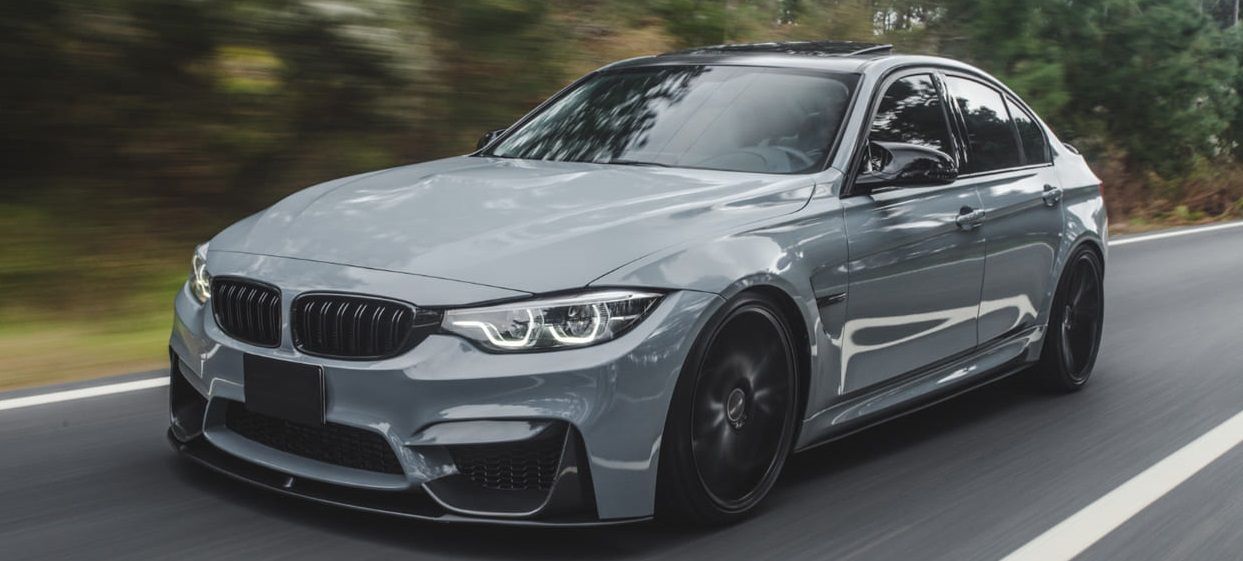
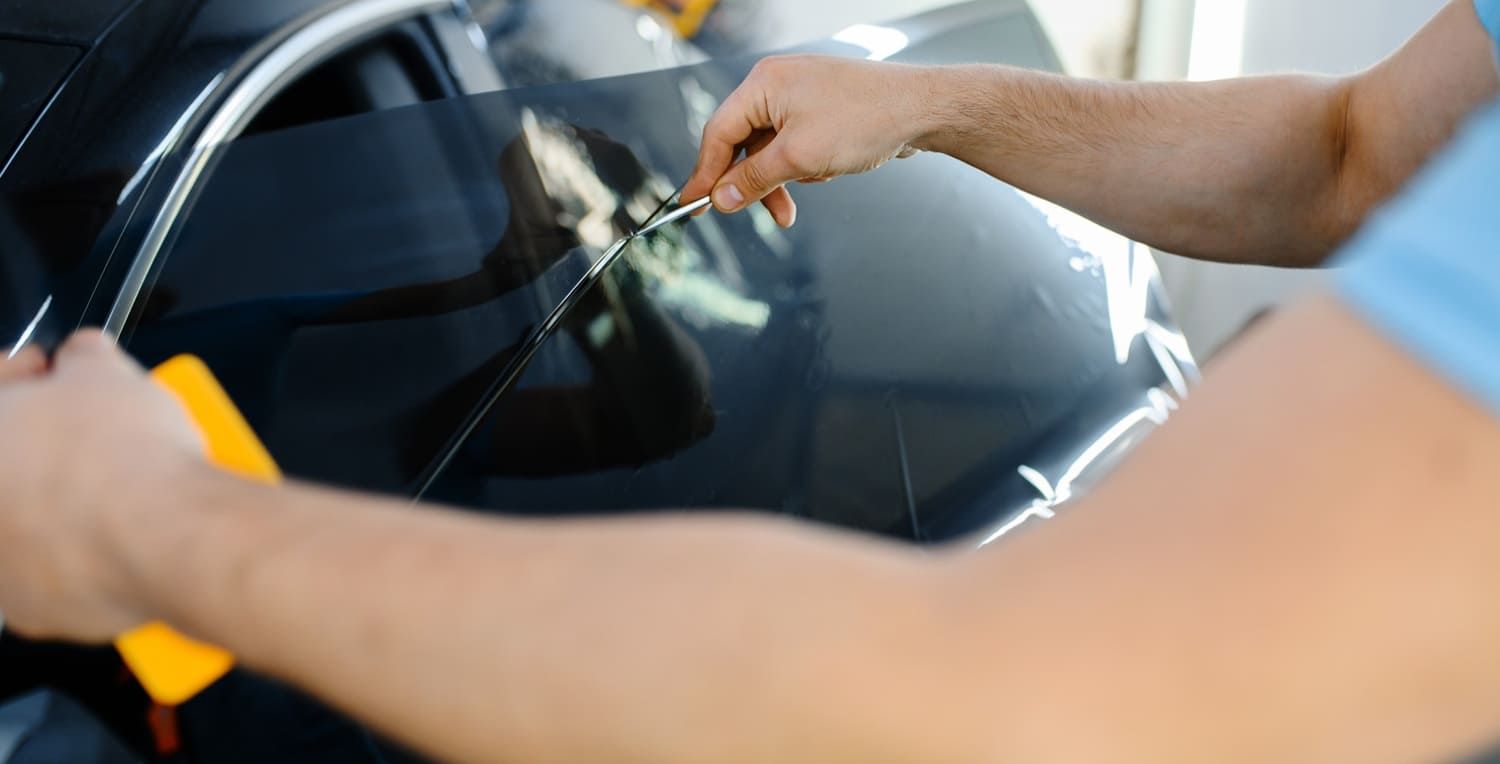
West Boca Tint & Accessories
10042 Spanish Isles Blvd, Suite D8
Boca Raton, FL 33498
BUSINESS HOURS
Monday - Saturday: 9AM to 5PM
Sunday: CLOSED

All Rights Reserved | West Boca Tint & Accessories



